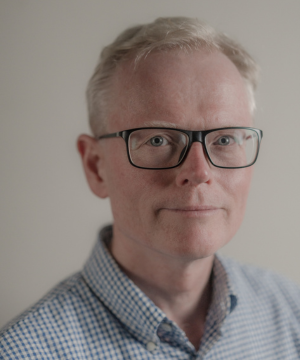How does religion work in China? Officially, the government recognizes five religions, but people and their practices don’t fit neatly into these categories. Spiritual folk traditions are widely practiced and look like religious activity, but the Chinese government labels these actions as “intangible cultural heritage,” sometimes supporting and subsidizing them. However, the government still views some religions with skepticism, especially those with possible foreign ties, such as Christianity or Islam. Nonetheless, underground churches, mosques, and temples persist in the gray zone between what is officially allowed and what actually plays out on the ground. As people in China continue to flock towards religion, the government will need to navigate its role as a referee in religious life and the tension that arises from the intricate dynamic.
Ian Johnson joined us in September 2025 to explore how religion is viewed by the government and people in China and how its practice is managed in everyday life.

Ian Johnson
Ian Johnson is a Pulitzer Prize-winning journalist, author, teacher, and researcher. He has been engaged with China for the past thirty-five years, writing on the country’s search for faith and values, as well as efforts to control dissent and history. He is a 2024-2025 fellow at the Wissenschaftskolleg zu Berlin, where he is writing a new book on China. He also contributes to The New York Review of Books, The New Yorker, and regularly speaks in the media or to public audiences about China. He is the founder of the China Unofficial Archives, an online repository of hundreds of samizdat magazines, books, and underground films.
Johnson is best known for his reporting from grassroots China, with projects usually taking years of on-the-ground research to complete. His work has been recognized by the National Endowment for the Humanities, which awarded him a Public Scholar grant; a solo Pulitzer Prize for his reporting on China; Stanford University’s Shorenstein prize for his body of work on Asia; a grant from the Open Society Foundation; a Nieman fellowship at Harvard University; the American Academy of Religion’s award for best in-depth news writing; and a Robert B. Silvers Foundation grant for work-in-progress.